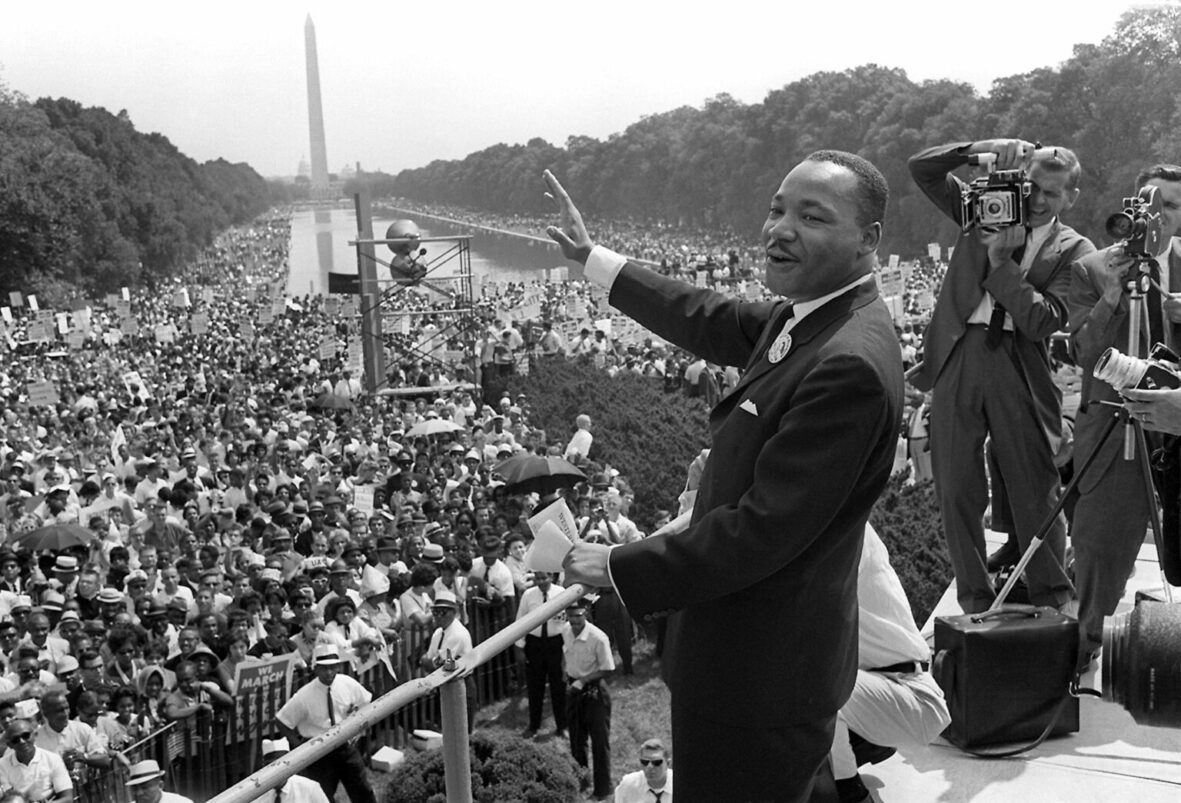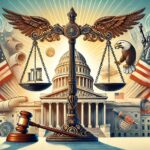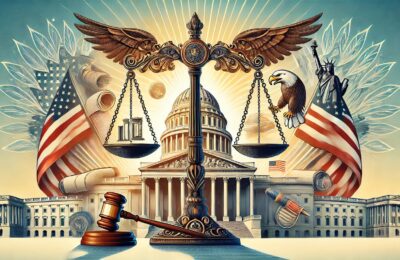Every January, we pause as a nation to remember Dr. Martin Luther King Jr. His life and legacy stand as a beacon of hope and a challenge to live in alignment with God’s justice, truth, and love. Yet, King was more than an icon of civil rights—he was a man of deep faith whose words and actions were profoundly anchored in the Bible. As I reflect on his legacy, I’m struck by how his message remains both timeless and timely for today’s fractured culture.
The Power of “Why?”
One of King’s most enduring contributions was his ability to ask the hard questions. In his Letter from Birmingham Jail, he wrote: “Will we be extremists for hate or for love? Will we be extremists for the preservation of injustice or for the extension of justice?” These words pierce through the noise of history and still demand an answer today.
Jesus was an extremist for love. He commanded, “Love your enemies and pray for those who persecute you” (Matthew 5:44, LSB). King’s nonviolent resistance mirrored this command, rooted in a profound understanding that only love has the power to break the cycle of hatred. “Hate cannot drive out hate; only love can do that,” he reminded us.
I find myself wondering: How often do we settle for a lukewarm faith, afraid to step into the tension that comes with choosing love over bitterness? King’s words remind me that the gospel demands more. The cross itself was an act of holy extremism—God’s love on full display, reconciling the world to Himself (2 Corinthians 5:19).
“Injustice Anywhere Is a Threat to Justice Everywhere”
King’s declaration that “injustice anywhere is a threat to justice everywhere” reveals a profound biblical truth: we are all interconnected. Paul writes, “If one member suffers, all the members suffer with it” (1 Corinthians 12:26). This is not just a moral observation; it is a theological reality rooted in our shared identity as image-bearers of God.
When we ignore the suffering of others, we deny this truth. King’s insistence on addressing injustice, even when it was inconvenient, was a living example of Proverbs 31:8-9: “Open your mouth for the mute, for the rights of all the unfortunate. Open your mouth, judge righteously, and defend the rights of the afflicted and needy.”
In today’s polarized culture, where political and social divisions run deep, King’s vision calls us to see beyond labels and recognize the humanity in every person. Are we willing to be bridge-builders, bringing the light of Christ into the darkest corners of society?
The Church: Thermometer or Thermostat?
King’s critique of the church still stings: “Far from being disturbed by the presence of the church, the power structure of the average community is consoled by the church’s silent…sanction of things as they are.” He longed for the church to reclaim its prophetic voice, to be a “thermostat” setting the moral temperature, not a “thermometer” passively reflecting the culture.
Reflecting on this, I’m reminded of the early church, which was known for its countercultural witness. In Acts 17:6, the apostles were accused of “turning the world upside down” with their message. What would it look like for the modern church to embody this kind of transformative power? Perhaps it begins with a return to the sacrificial love and courage that King embodied—a love that seeks justice, even when it costs us.
Lessons for a Divided Culture
King understood that peace is not the absence of tension but the presence of justice. He wrote, “Nonviolent direct action seeks to create such a crisis and foster such a tension that a community which has constantly refused to negotiate is forced to confront the issue.” This echoes the ministry of Jesus, who often disrupted the status quo to reveal the truth and offer healing (Matthew 21:12-13).
Here are a few ways we can apply King’s principles today:
- Embrace Holy Tension: Like Jesus and King, we must not shy away from the discomfort of addressing injustice. Instead, we should lean into it with grace and truth, trusting that God’s power is made perfect in weakness (2 Corinthians 12:9).
- Pursue Justice with Humility: Micah 6:8 reminds us of God’s call: “Do justice, love kindness, and walk humbly with your God.” Justice is not about self-righteousness or partisan agendas; it’s about aligning our lives with God’s heart.
- Seek Reconciliation: Paul’s words in 2 Corinthians 5:18-19 challenge us to be ambassadors of reconciliation. In a world that thrives on division, we are called to build bridges, not walls.
- Be Creative Extremists for Love: King’s phrase, “creative extremists,” challenges us to think beyond conventional approaches. How can we use our unique gifts and opportunities to advance God’s kingdom?
A Dream Rooted in God’s Kingdom
At its core, King’s dream was a reflection of God’s ultimate vision: a redeemed creation where every tribe, tongue, and nation worships together in unity (Revelation 7:9). He believed deeply in the promise of Isaiah 11:6, where the wolf will dwell with the lamb, and peace will reign.
“We shall overcome because the arc of the moral universe is long, but it bends toward justice,” King proclaimed. As Christians, we know this to be true because Christ is the King who bends that arc. His resurrection is the ultimate victory over sin and injustice, guaranteeing that God’s kingdom will come on earth as it is in heaven.
As we honor Dr. Martin Luther King Jr.’s life, let us recommit ourselves to living as salt and light in the world (Matthew 5:13-16). His dream is not just a historical moment to remember but a call to action for each of us. May we have the courage to answer, not just with our words but with our lives, becoming creative extremists for the love and justice of Christ.







